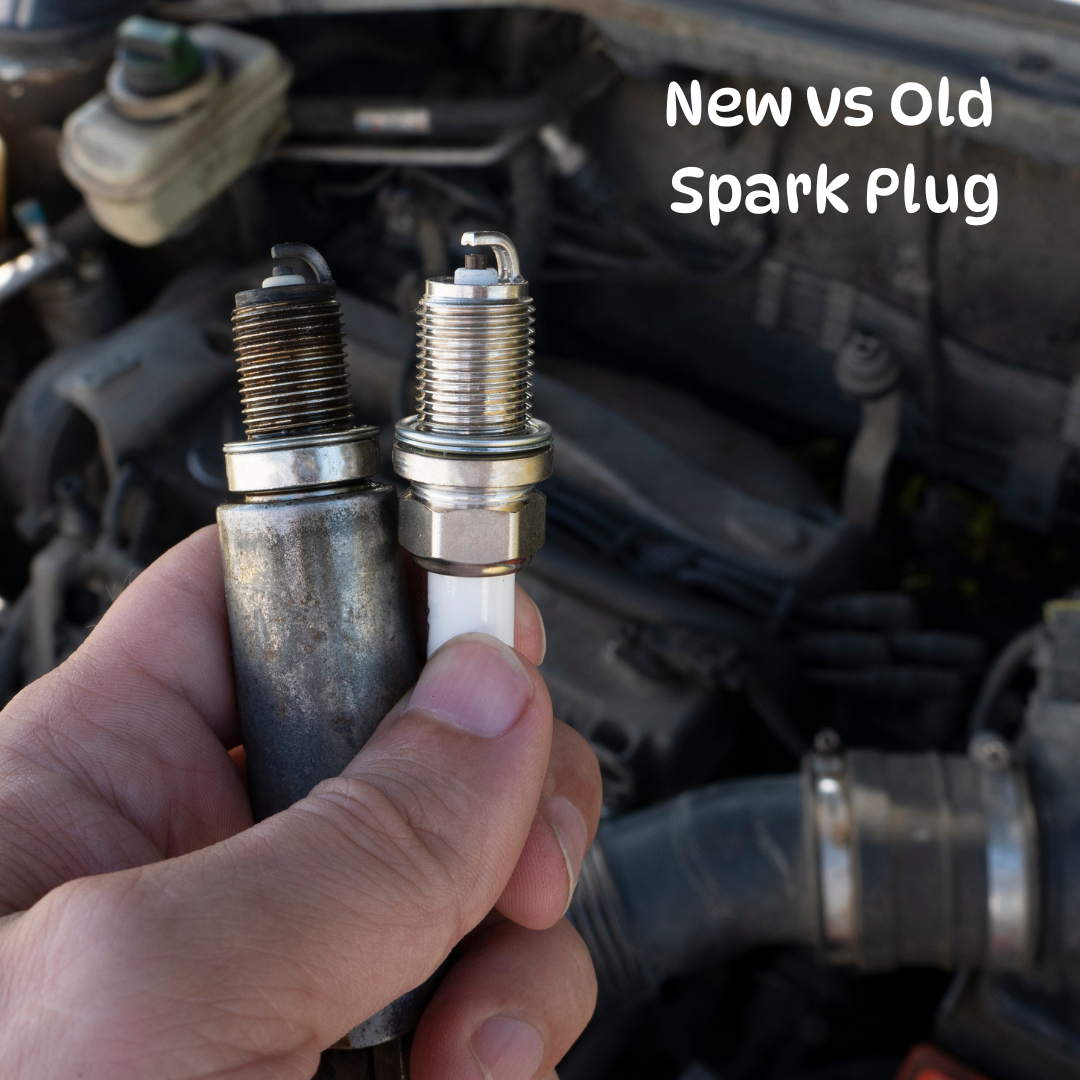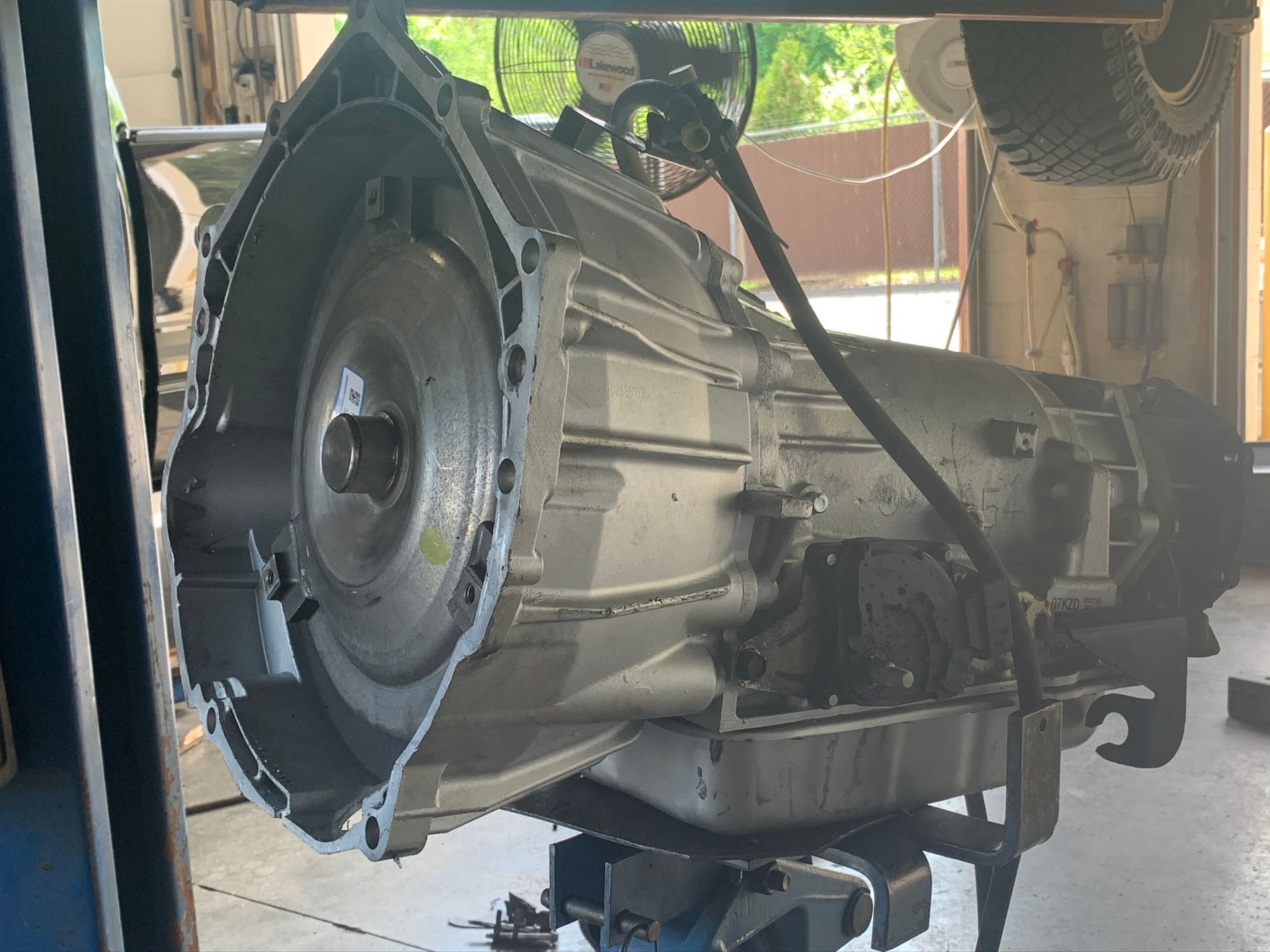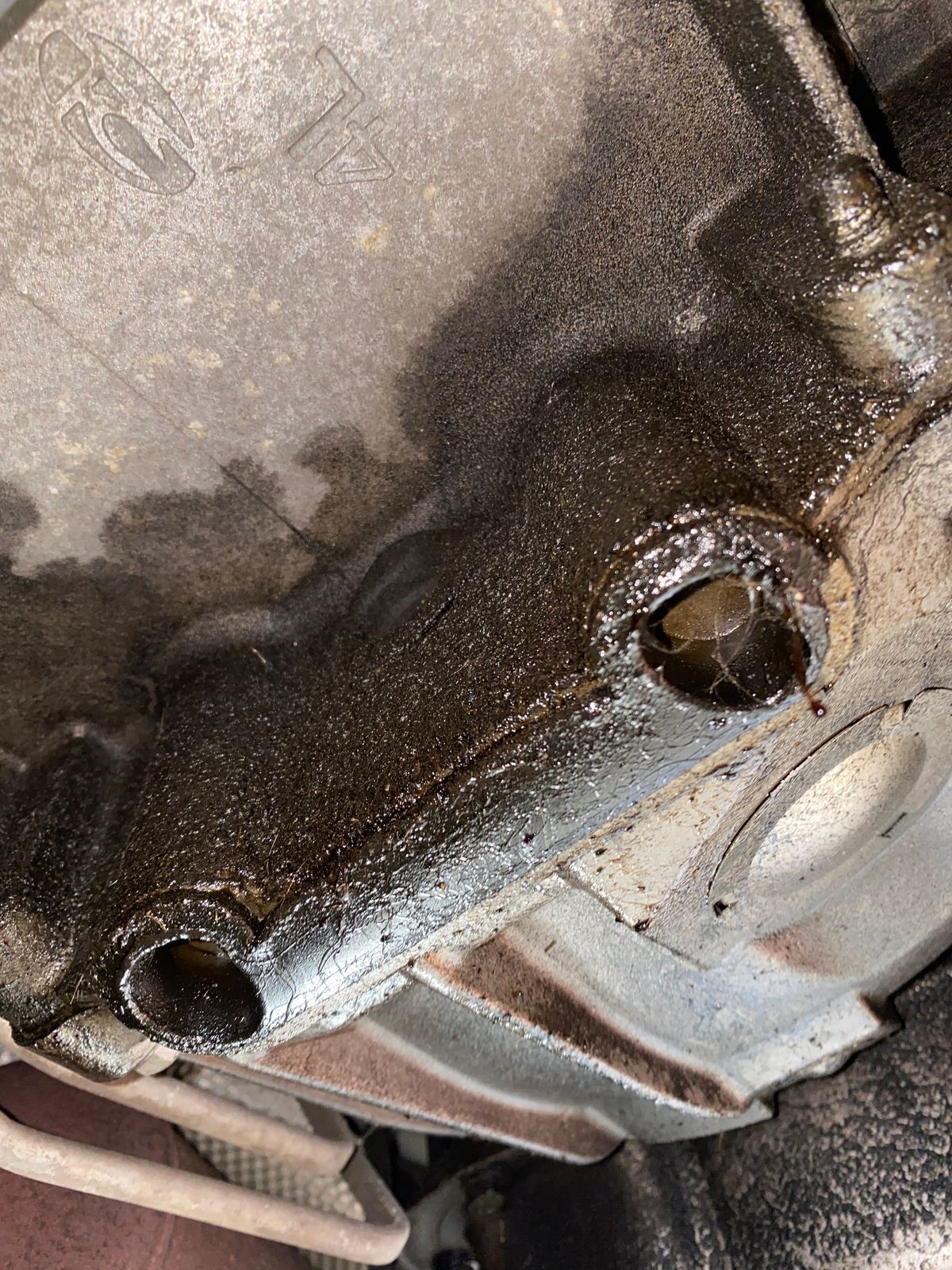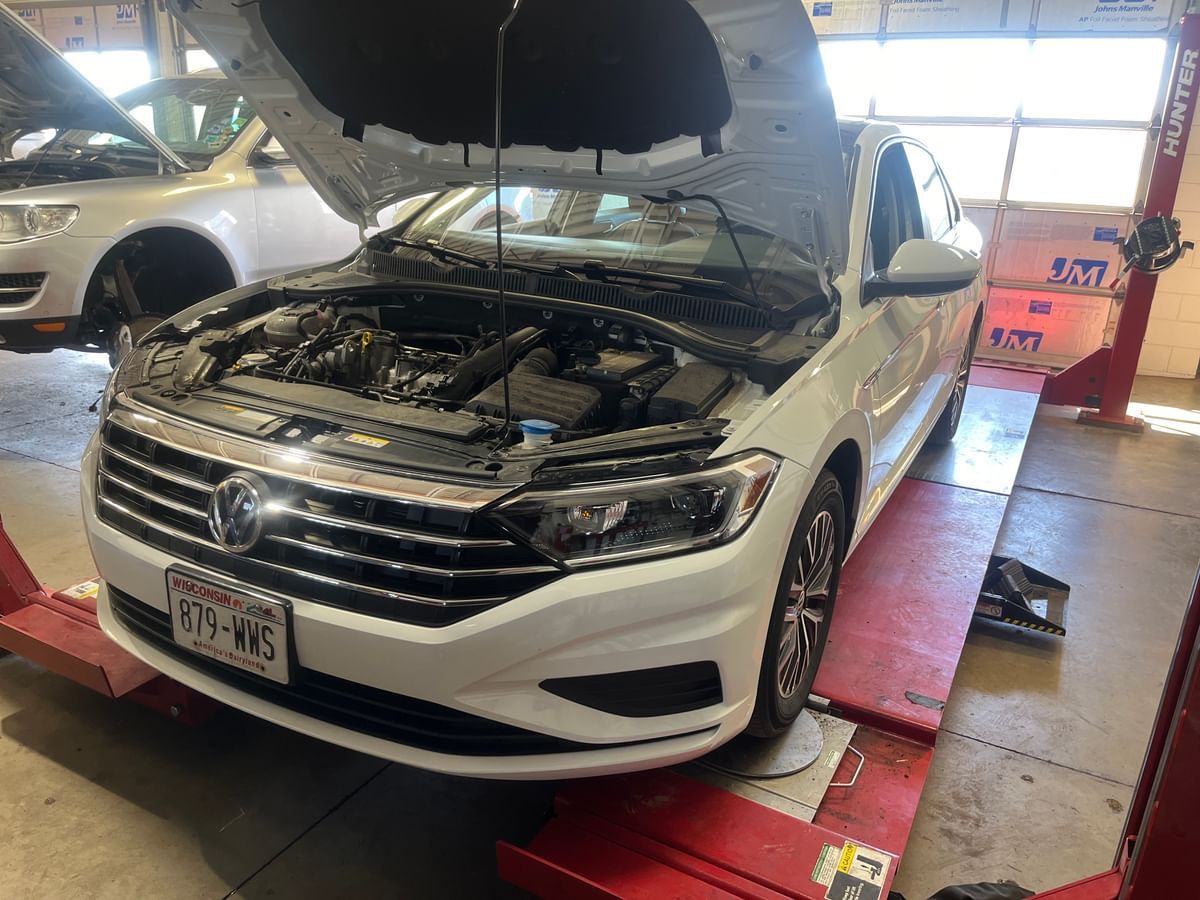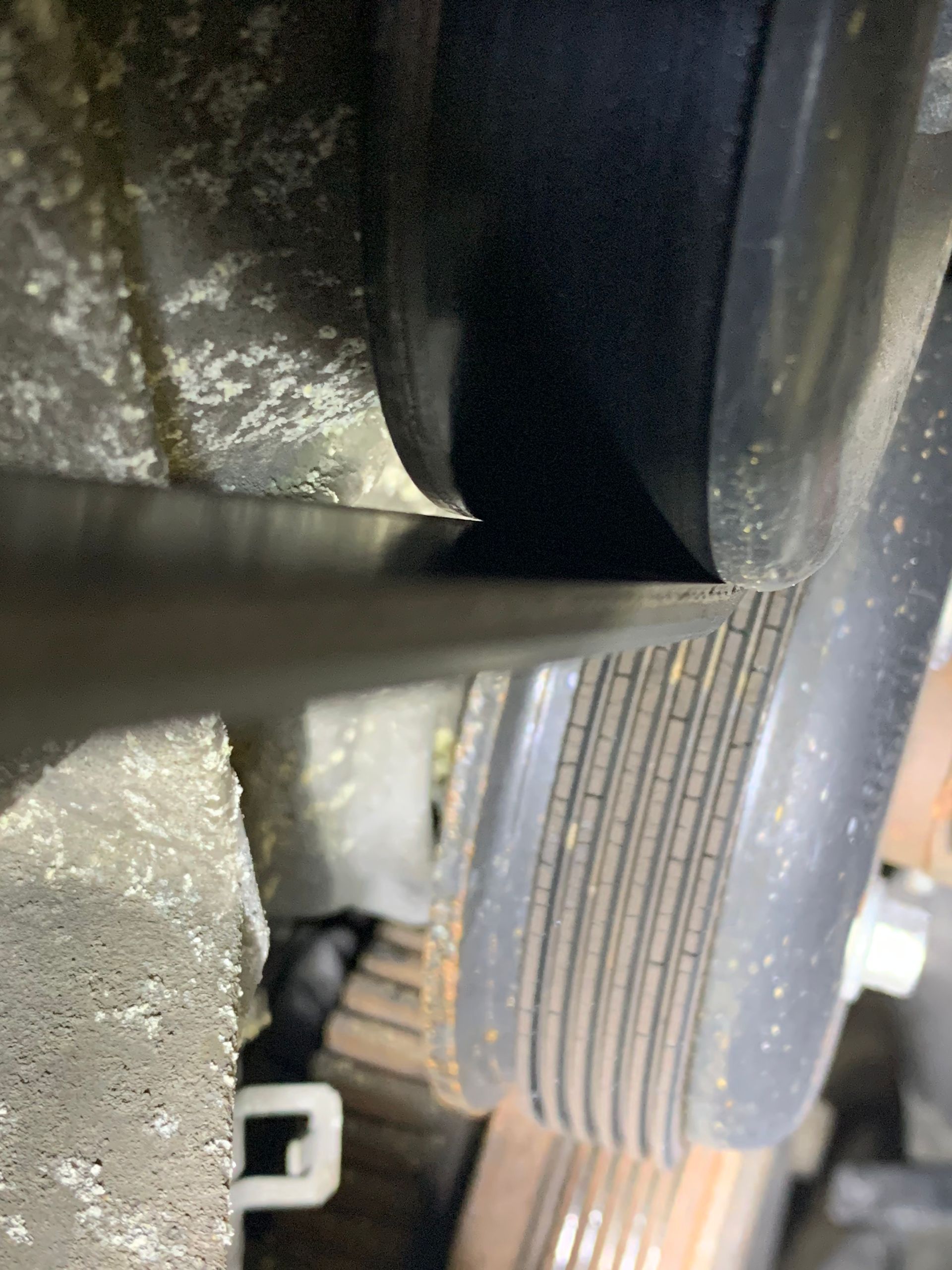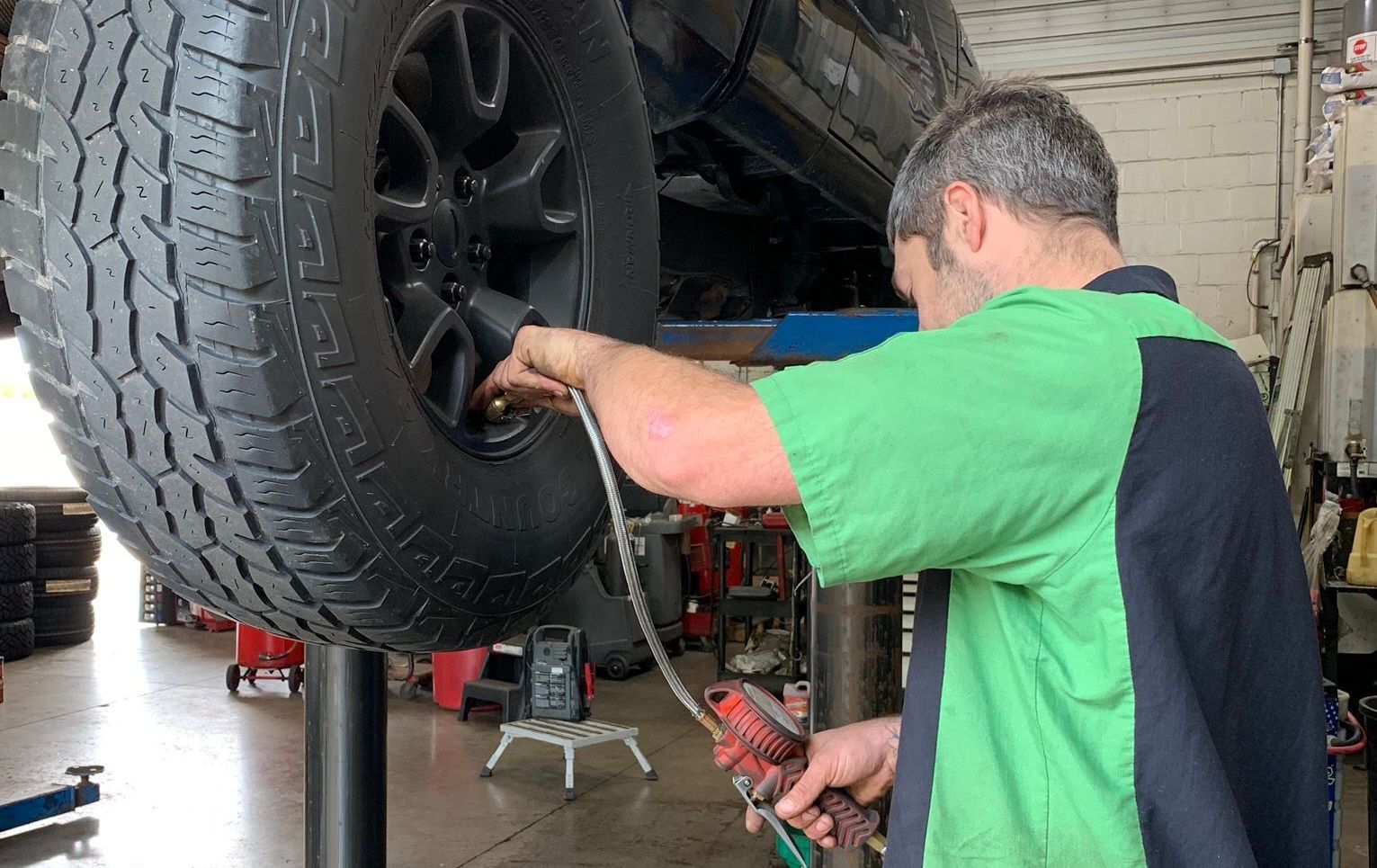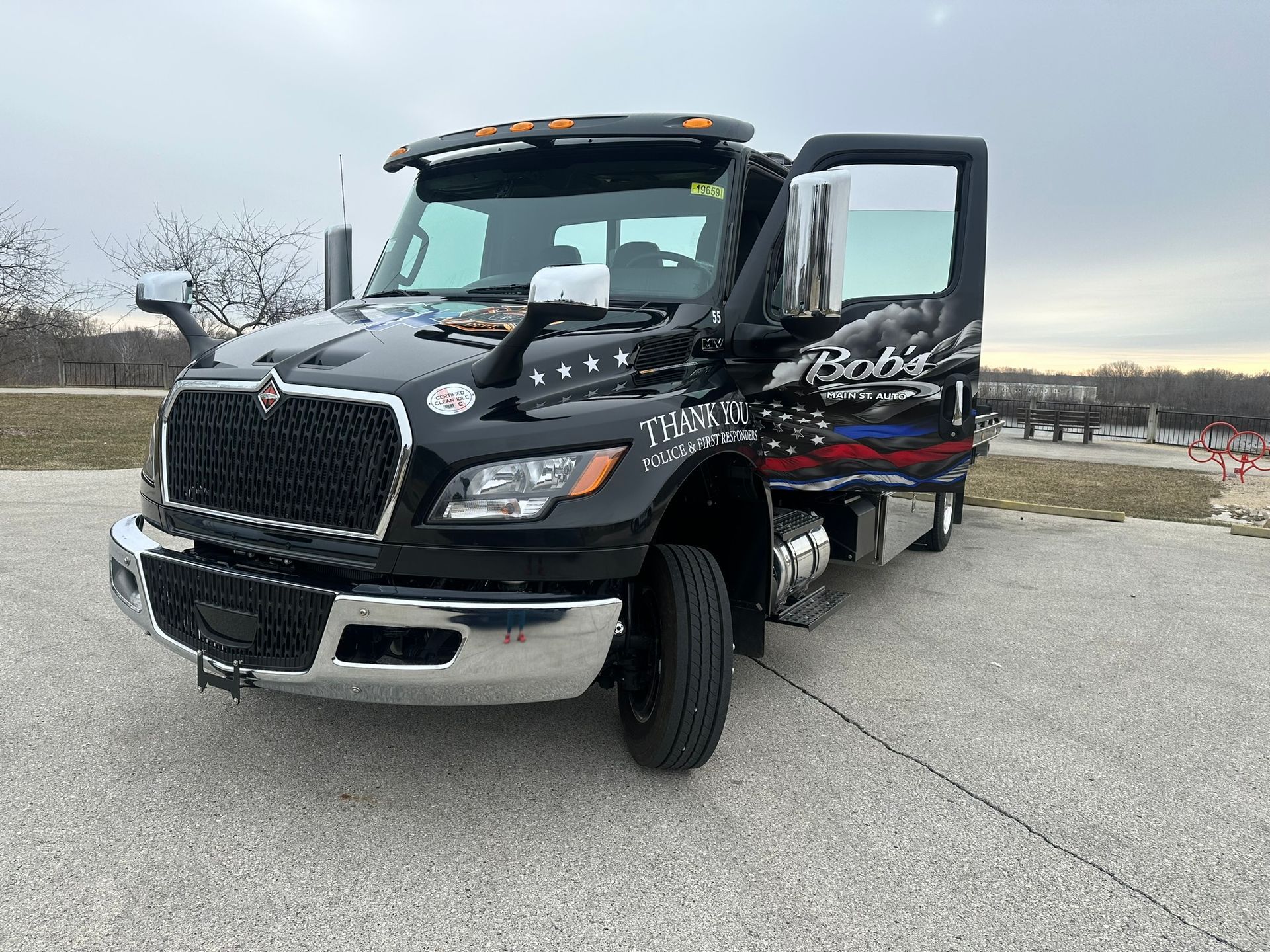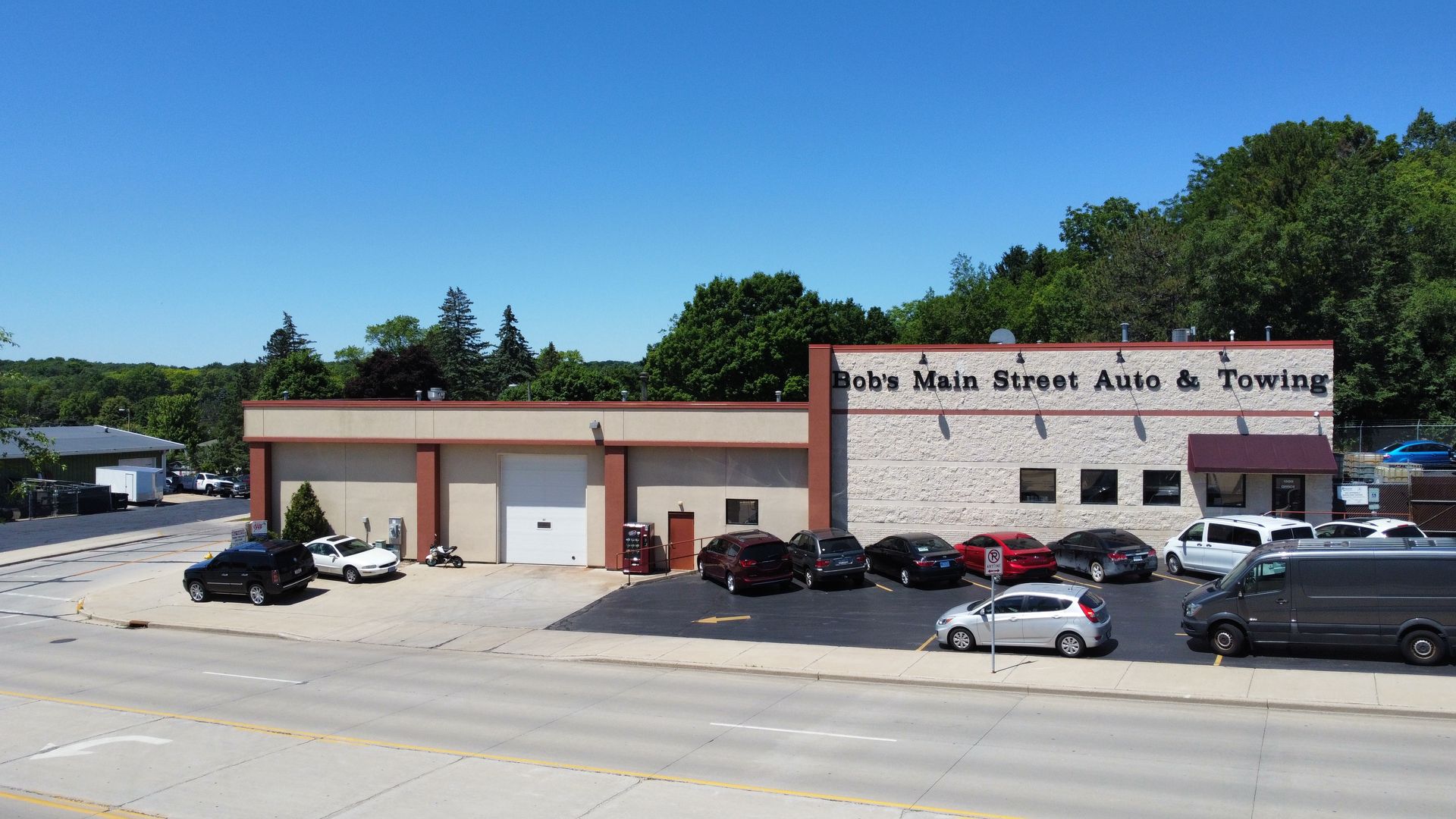College Travel; Check those vehicles over!
Get your college students vehicle ready to head back to school!
As it is that time of year again, and you’re getting ready to send your children off to college, one thing to keep in mind is the safety of their vehicle. We all know some of them choose a school that is pretty distant from home, which means long trips that are far from home. All of us hope that they are able to get to their destinations as safely as possible and the first step is to make it a priority to check over the vehicle.
To start, the first thing to check is the engine oil level. This is the most basic maintenance item to check off the list. The engine oil level is very important because having little to no oil can cause extreme engine damage. All cars need the required amount of oil to keep the moving parts lubricated and to keep engine friction to a minimum. Our best advice to you is to keep up on your oil changes!
What next? Brakes! These are a very important factor when it comes to your vehicle’s safety since they control your vehicle’s ability to stop. Does your car stop quickly? Or do you have to push the brake pedal to the floor when stopping? Are you hearing any grinding while you apply the brake pedal? Brake pads, or shoes, are considered a “wearable” item and do require replacement over time. When you have to will depend on your driving habits. Brake pads should be replaced and rotors should be cleaned up or replaced periodically to keep the wearing evenly and the braking smooth. Please make sure to have your brakes checked out by an expert auto technician.
Now comes tires. These are your vehicle’s only contact with the road, which is why it is another thing that needs to be monitored on a regular basis. Make sure the tires are filled to the correct PSI (pounds per square inch). Having under inflated tires can cause uneven wear which will require the tires to be replaced sooner than expected. However, on the other hand, having over inflated tires can cause the vehicle to ride uncomfortable and also cause blowouts if the weather is warmer. To see what the tire should be filled to you can check your vehicle’s owner’s manual or there is usually a plaque inside the driver side door which will state what the correct PSI is for tires. In addition, make sure to check the tire’s tread regularly making sure there is plenty of tread left to keep traction with the road during all weather conditions.
The next important step is checking headlights and brake lights. These are very important, especially for night driving, and need to be operational at all times. If your child is going to school in a high populated area, it is important that the vehicle (and your child) is able to be seen at all times of the day. For their safety they need to see and be seen. When getting any service done here at Bob’s Main Street Auto & Towing, the lights are the first thing our technician’s check on their safety inspection right after they pull the vehicle into the shop.
Another item that is important to check is fluid levels. Fluid levels and condition should be checked periodically to make sure there is an adequate fluid amount in your vehicle with no leaks in the system. Coolant and transmission fluid keeps your engine and transmission cool and lubricated. Coolant should be changed every 50,000-100,000 miles or every 4-5 years whichever comes first. Transmission fluid should be flushed and filled every 40,000-60,000 miles (check your Owner’s Manual for recommendations specific on your vehicle). Brake and power steering fluids should also be checked on a regular basis and topped off or changed as needed. And lastly check your windshield wiper fluid. Be sure you are able to clean your windshield quickly and efficiently if you run into weather that would require you to clean your windshield such as bugs, dust or snow.
Lastly, check your vehicle’s battery and its charge. The battery is an important factor in starting your vehicle and running all the electrical systems on your car. Batteries may need to be replaced every 3-5 years and don’t really have a warning when they are going to be failing. Over a course of time and weather conditions corrosion may happen on your battery terminals and should be cleaned off of the battery posts and cables to maintain amperage level and a good electrical ground.
If you have any questions about any of these items listed, or even anything other than these, please give us a call! We are happy to assist you and help make sure your college students are prepared with the safest vehicle as they go back to school. We also offer 24- hour towing services if you happen to run into any trouble. Give us a call and you will receive a live person every time. We have three conveniently located shops here in Washington County. All of our locations are equipped with state-of-the-art equipment and work on all make and models. We are happy to help!

